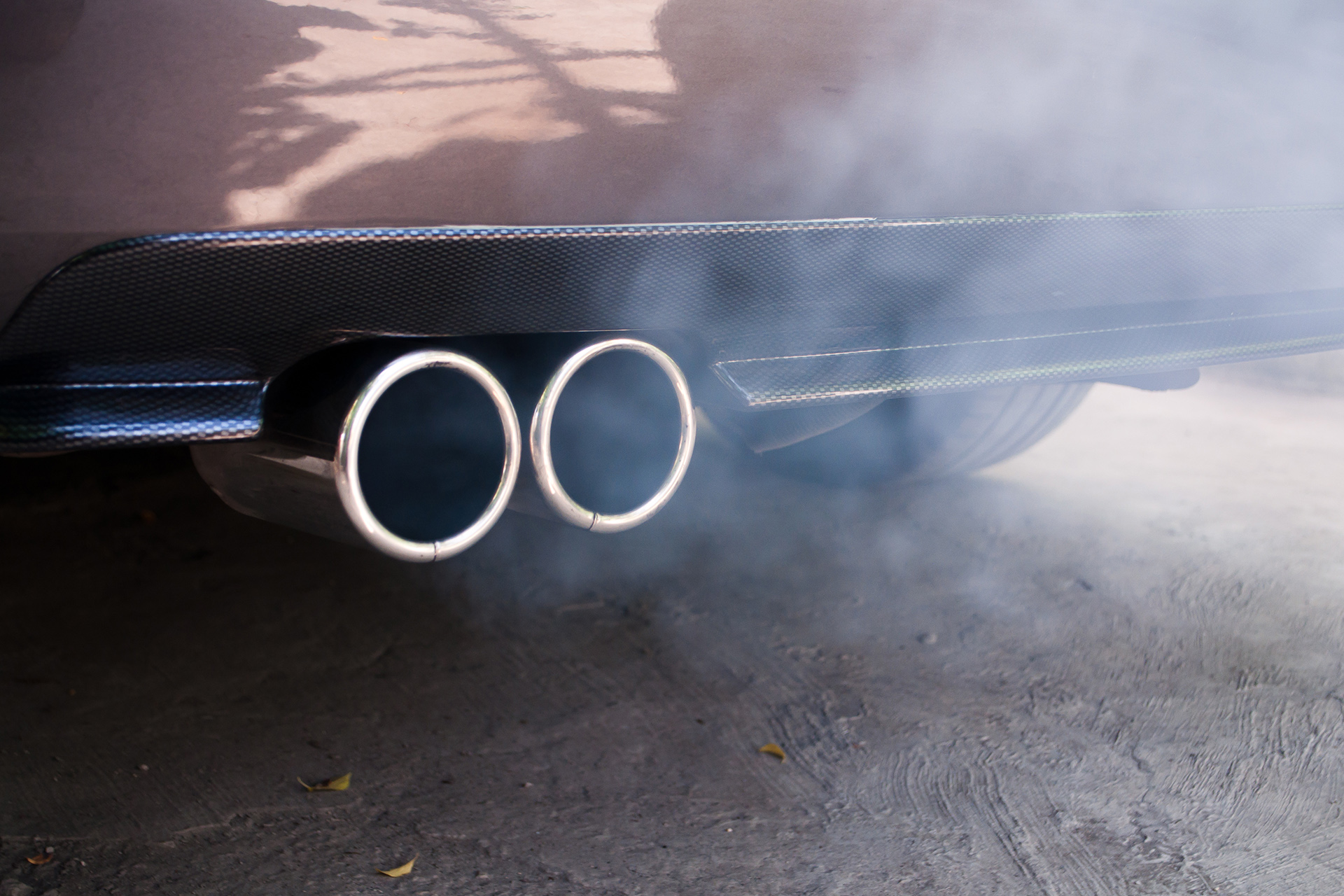Earlier this month, the U.S. District Court for the District of Utah held that a nonprofit organization could pursue an aftermarket parts retailer, a parts installer, a related used-vehicle dealer and their officers in a “citizen suit” for alleged violations of both the Clean Air Act (CAA) and Utah’s State Implementation Plan (SIP) for complying with the CAA. In Utah Physicians for a Healthy Environment v. Diesel Power Gear, LLC et al., the citizens’ plaintiff group alleged the defendants “modified diesel trucks in violation of emission limit standards, sold parts designed to evade emissions standards, and sold illegally modified trucks.”
As the name suggests, “citizen suits” authorized under the CAA allow private entities – other than the usual federal and state environmental regulators – to allege noncompliance of the CAA, pursue enforcement of the alleged noncompliance in civil court, and seek remedies (including penalties and injunctive relief) for noncompliance with state and federal requirements. Previous case law has limited enforcement actions via citizen suits to stationary sources.
In ruling on the parties’ opposing motions for summary judgment in Utah Physicians, the court held that the plaintiffs were permitted to pursue their cause of action under CAA Section 204(a), which authorizes citizen suits for violations of “an emission standard or limitation.” The court also held that the alleged violations of CAA Section 203, which prohibits the sale or installation of “bypass” or “defeat devices” that render emission controls inoperative (and similar prohibitions in the Utah SIP), were violations of “emission standards” for which plaintiffs could seek relief under the CAA Section 204 citizen suit provision.
The decision in Utah Physicians potentially expands enforcement that manufacturers, sellers, and installers of non-compliant aftermarket vehicle parts may face because enforcement of the CAA’s motor vehicle provisions have traditionally been limited to the EPA. Moreover, the court held that one of the defendants, a used vehicle dealer, was liable under Section 203 for simply selling a motor vehicle that had previously been modified because the company “knew or should have known” the modified vehicle contained “defeat” emissions parts. The court went on to conclude that the officers of each of the defendant companies could also be personally liable under the “responsible corporate officer doctrine” if the officer had the “responsibility and authority to either prevent in the first instance, or promptly correct, the violation complained of, and … failed to do so.”
Although the holding in Utah Physicians will not necessarily dictate decisions of courts in other federal districts, it is possible this ruling in favor of plaintiffs could give rise to- or bolster plaintiffs’ arguments in pending similar citizen suits pursuing civil penalties and injunctive relief against aftermarket parts manufacturers, sellers and installers, as well as used vehicle dealers, and these entities’ corporate officers.
We will continue to monitor various court decisions in this arena and keep you apprised of relevant developments.
To obtain more information on CAA citizen suits and the CAA’s motor vehicle provisions, please contact the Barnes & Thornburg attorney with whom you work, or Joel Bowers at 574-237-1287 or joel.bowers@btlaw.com, Mark Owens at 317-231-7459 or mark.owens@btlaw.com, or Cheryl Gonzalez at 317-231-7557 or cheryl.gonzalez@btlaw.com.
© 2019 Barnes & Thornburg LLP. All Rights Reserved. This page, and all information on it, is proprietary and the property of Barnes & Thornburg LLP. It may not be reproduced, in any form, without the express written consent of Barnes & Thornburg LLP.
This Barnes & Thornburg LLP publication should not be construed as legal advice or legal opinion on any specific facts or circumstances. The contents are intended for general informational purposes only, and you are urged to consult your own lawyer on any specific legal questions you may have concerning your situation.















